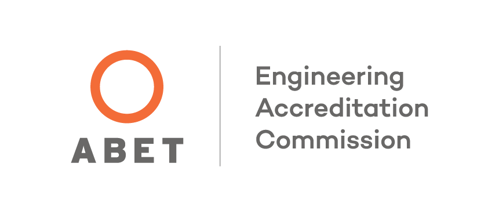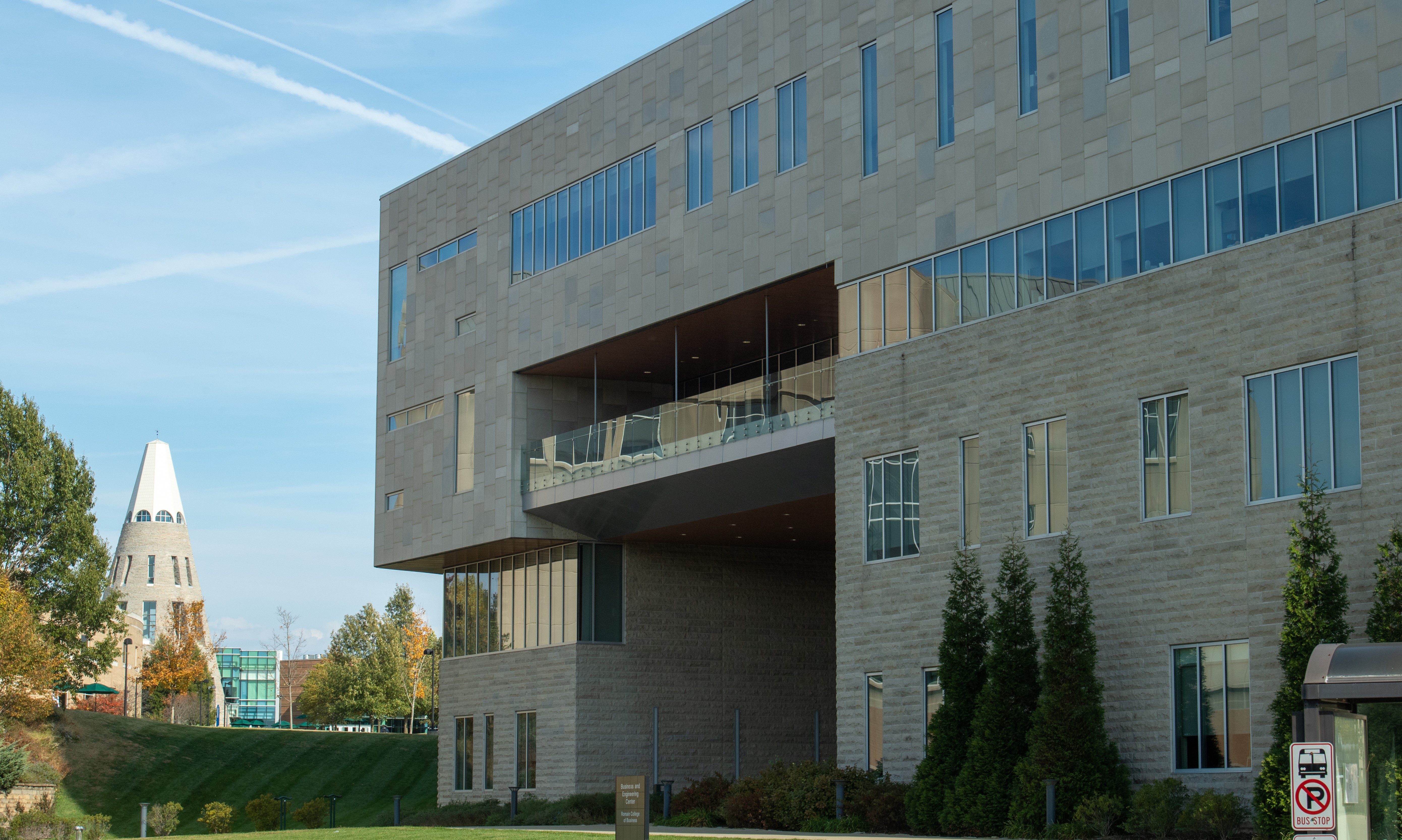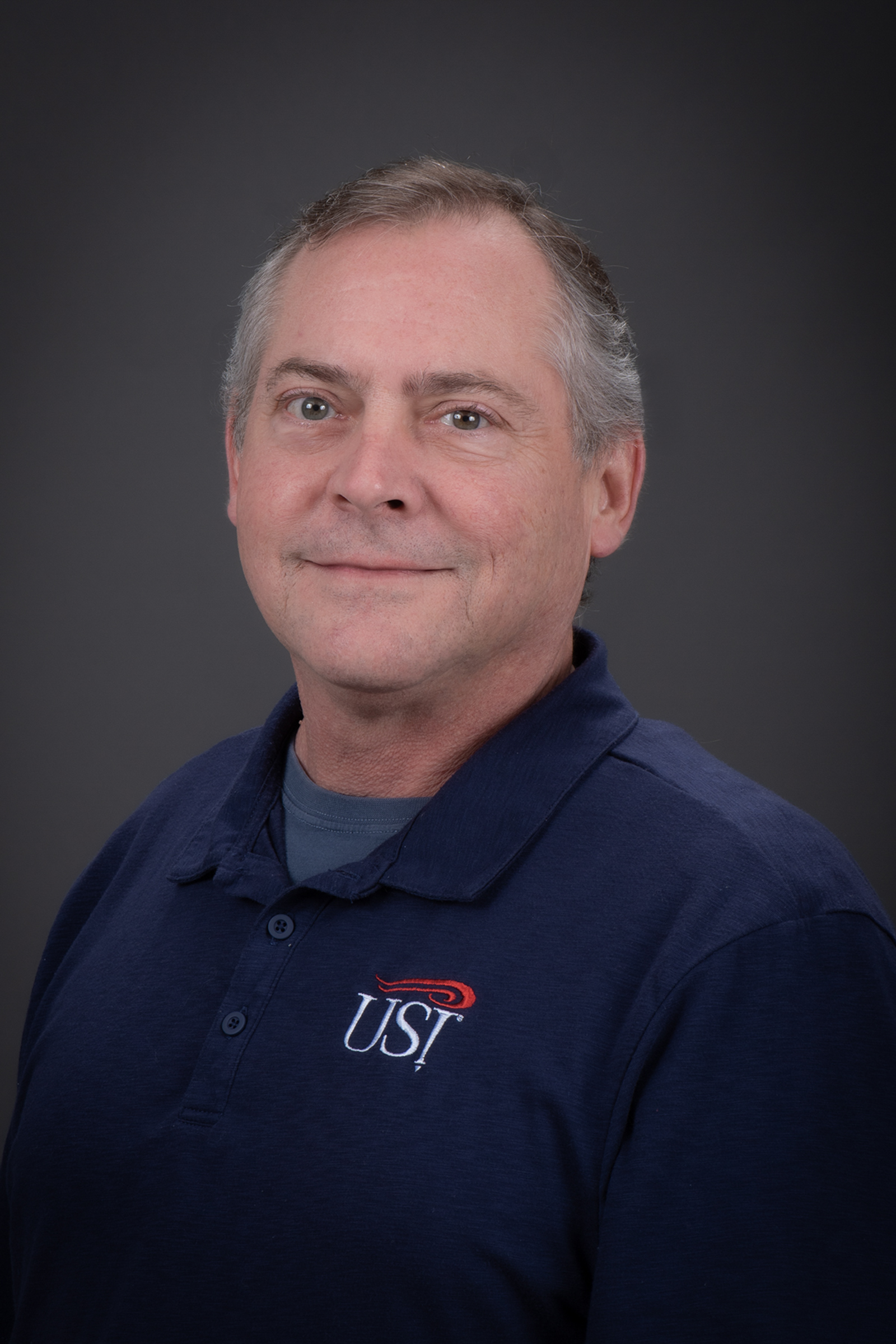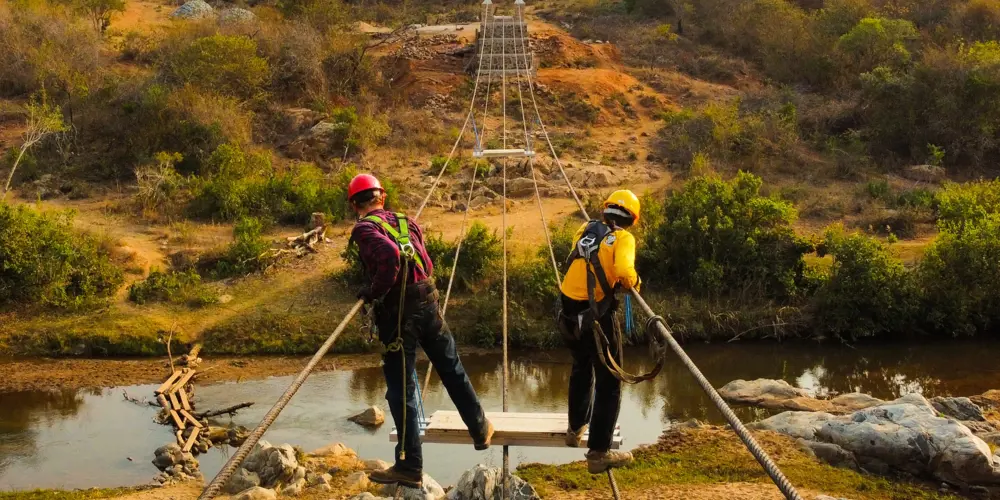Mechanical engineering is the broadest engineering discipline, involving the design and oversight of everything from small components, like latches in cars, to large systems, such as vehicles and spacecraft. USI’s BSME curriculum reflects this breadth, building on core courses like statics, thermodynamics, and fluid mechanics, while integrating labs, computer instruction, and design challenges. Upper-division courses include heat transfer, material science, and senior design projects. USI mechanical engineering students participate in competitions like Baja SAE.
To apply to the University of Southern Indiana (USI) for undergraduate enrollment:
Once USI has processed your application, transcript(s) and scores (if needed), a decision will be made by Undergraduate Admissions and you will receive a notification.
Upon acceptance to USI, you'll receive detailed information about next steps, including orientation, registration and housing.
Employment as a mechanical engineer is available in fields as diverse as plastics, robotics, aerospace, automotive, health care and energy conversion.
*income information provided by O*NET Online. Occupation opportunities vary by region and experience.
The University of Southern Indiana is committed to making college accessible to those wishing to further their education by providing numerous scholarships, grants, and financial aid options to assist students in managing tuition expenses.
 The Bachelor of Science in Mechanical Engineering (BSME) program is accredited by the Engineering Accreditation Commission of ABET, https://abet.org, under the commission’s General Criteria and Program Criteria for Mechanical and Similarly Named Engineering Programs.
The Bachelor of Science in Mechanical Engineering (BSME) program is accredited by the Engineering Accreditation Commission of ABET, https://abet.org, under the commission’s General Criteria and Program Criteria for Mechanical and Similarly Named Engineering Programs.
Requirements for licensure and certification vary by profession and by state. USI has reviewed the educational requirements for each state and licensing agency to determine if the academic program here at USI meets the educational requirements to be eligible for licensure/certification in each state or not. Please note that some states may have additional requirements for licensure, such as residency requirements, additional non-academic certifications, etc. that USI cannot determine. We encourage you to check with your state's licensing agency for all requirements needed to obtain licensure.


